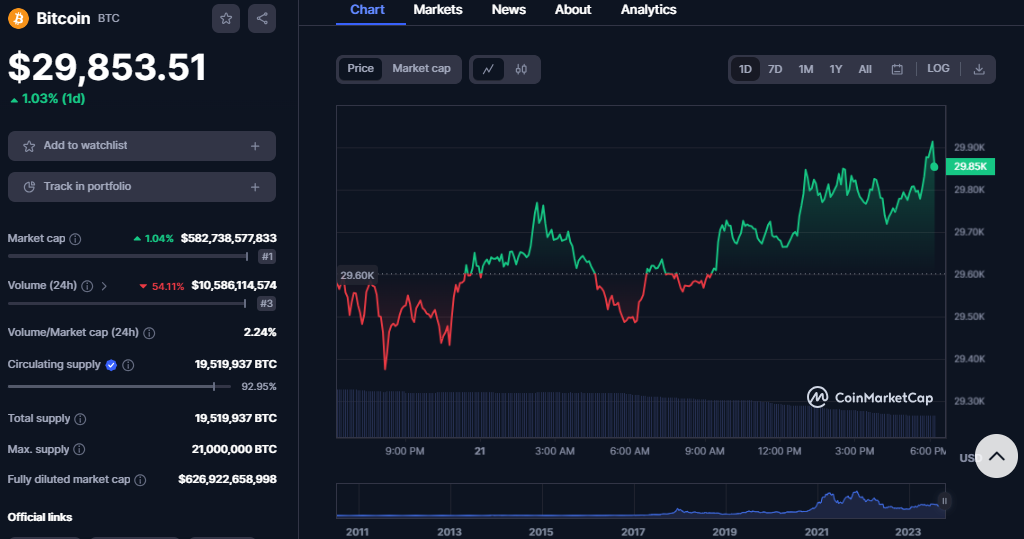TL;DR Breakdown
- Cryptocurrency transfers can raise concerns over compliance with sanctions, highlighting the need for due diligence.
- Stringent KYC and AML procedures are crucial to mitigate risks in the digital asset space.
- Regulatory scrutiny prompts firms to prioritize compliance, fostering transparency and trust in the cryptocurrency industry.

A recent report by The Guardian has raised concerns over a multi-million dollar cryptocurrency transfer made by a UK digital asset firm to a wallet belonging to an alleged Russian arms dealer, which the U.S. government later sanctioned. The report alleges that Copper Technologies, a UK-based cryptocurrency firm, transferred more than $4.2 million in digital assets to a crypto wallet belonging to Jonatan Zimenkov, an Israeli-born Russian national.
Cryptocurrency Transfer Raises Sanction Concerns
According to the report, the transfer occurred around 19 months before Zimenkov faced U.S. sanctions for his alleged role in Russia’s invasion of Ukraine. In February 2023, the U.S. Department of the Treasury’s Office of Foreign Assets Control (OFAC) announced the imposition of sanctions against Jonatan and his father, Igor Zimenkov, citing their involvement “in multiple deals for Russian cybersecurity and helicopter sales abroad” and facilitating “Russian defense sales to third-party governments.”
On the same day, the OFAC revealed an Ethereum wallet belonging to Jonatan Zimenkov. The report states that Copper sent approximately 1,700 Ethereum (ETH) to this wallet in two separate transactions in May 2021. At the current ETH price of around $4,056, the transferred Ethereum stash is now worth approximately $6.89 million.
In response to the allegations, a Copper spokesperson stated, “Copper takes its compliance, legal and regulatory obligations very seriously, and has acted in full compliance with all applicable regulatory standards, including all applicable sanctions prohibitions, in the UK.”
The report has raised concerns about the compliance practices of digital asset firms and the potential for cryptocurrency to be used to circumvent sanctions. While Copper has assured that it complied with all applicable regulations, the alleged transfer to a wallet later linked to sanctioned individuals highlights the need for robust due diligence and monitoring measures in the cryptocurrency industry.
Cryptocurrency Compliance Challenges and Regulatory Vigilance
The incident underscores the importance of stringent Know Your Customer (KYC) and Anti-Money Laundering (AML) procedures in the digital asset space. As regulatory scrutiny on the cryptocurrency industry continues to intensify, firms operating in this sector must prioritize compliance and implement comprehensive measures to mitigate the risks of facilitating unauthorized or illicit transactions.
It remains to be seen whether further investigations or regulatory actions will be taken in response to the alleged transfer. However, the incident serves as a reminder of the challenges faced by regulators and businesses in ensuring the integrity of the cryptocurrency ecosystem and preventing its misuse for illicit purposes.
As the adoption of digital assets continues to grow, stakeholders in the industry must remain vigilant and proactive in addressing compliance risks, fostering transparency, and maintaining the trust of users and regulatory bodies alike.
Personal Note From MEXC Team
Check out our MEXC trading page and find out what we have to offer! There are also a ton of interesting articles to get you up to speed with the crypto world. Lastly, join our MEXC Creators project and share your opinion about everything crypto! Happy trading! Learn about interoperability now!
Join MEXC and Get up to $10,000 Bonus!
Sign Up


